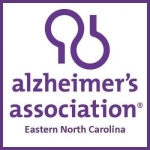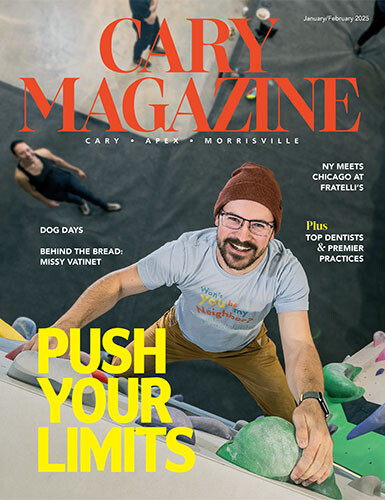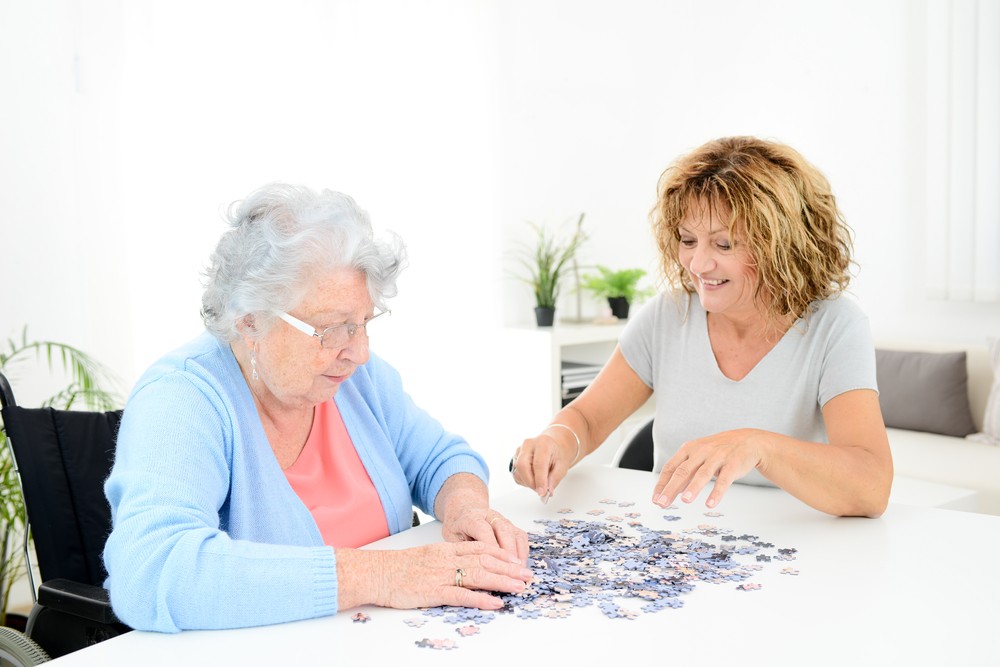In November, families across the country are preparing for Thanksgiving, and millions of those people will also be caring for someone with Alzheimer’s disease.
In North Carolina, there are an estimated 358,000 caregivers providing unpaid care to family members and friends living with Alzheimer’s or dementia. In 2020, friends and family of those with Alzheimer’s in North Carolina provided an estimated 517 million hours of unpaid care, a contribution valued at $7.3 billion.
According to the 2021 Alzheimer’s Association Facts and Figures report, 83 percent of the help provided to older adults in the U.S. comes from family members, friends or other unpaid caregivers. And nearly half of all caregivers (48 percent) who provide help to older adults do so for someone with Alzheimer’s or another dementia. Caregivers of people with dementia report providing an average of 92 hours of care per month.
 This month, the Alzheimer’s Association-Eastern North Carolina Chapter is encouraging people to lend a hand to support these caregivers.
This month, the Alzheimer’s Association-Eastern North Carolina Chapter is encouraging people to lend a hand to support these caregivers.
“During this month and throughout the year, we celebrate the heroic contributions of Alzheimer’s and dementia caregivers, while also raising awareness about the unique challenges caregivers face,” said Lisa Roberts, executive director of the Alzheimer’s Association, Eastern North Carolina Chapter.
“Never have the efforts of caregivers been tested more than during the past year and a half. That is why we are committed to supporting caregivers now more than ever.”
The Alzheimer’s Association offers the following ways that people can help.
Caring for the caregiver
Learn about the disease: Educate yourself about Alzheimer’s disease – its symptoms, its progression and the common challenges for caregivers. The more you know, the easier it will be to find ways to help.
Create a care team calendar: Organize family and friends who want to help with caregiving with an online signup tool like the Alzheimer’s Association Care Team Calendar. Tools like this make it easy to share activities and information within the person’s care team.
Offer caregivers a reprieve: Make a standing appointment to spend time with the person with dementia and allow the caregiver a chance to run errands, participate in a support group or engage in an activity that helps them recharge.
Check in: Almost two out of every three caregivers said that feeling isolated or alone was a significant challenge in providing care for someone with dementia.
Support the Alzheimer’s cause: You can volunteer at your local Alzheimer’s Association office, participate in fundraising events such as the Walk to End Alzheimer’s and The Longest Day, advocate for more research funding, or sign up to participate in a clinical study as a healthy volunteer through the Alzheimer’s Association’s Trial Match.
Reducing holiday stress
Make sure others know: Let guests know what to expect before they arrive and tell them how they can help. For example, share what activities they can do with the person living with Alzheimer’s and how best to communicate with them.
Build on traditions and memories: Take time to experiment with new traditions that might be less stressful or a better fit with your caregiving responsibilities. For example, if evening confusion and agitation are a problem, turn your holiday dinner into a holiday lunch.
Involve the person with Alzheimer’s: Depending on abilities and preferences, make sure to keep the person with Alzheimer’s involved in the celebrations, such as packing cookies in tins or helping wrap gifts.
Plan ahead: When attending a holiday party, prepare the host for special needs, such as a quiet room for the person to rest in.
For more information, visit http://www.alz.org/honor or www.alz.org/nc.





